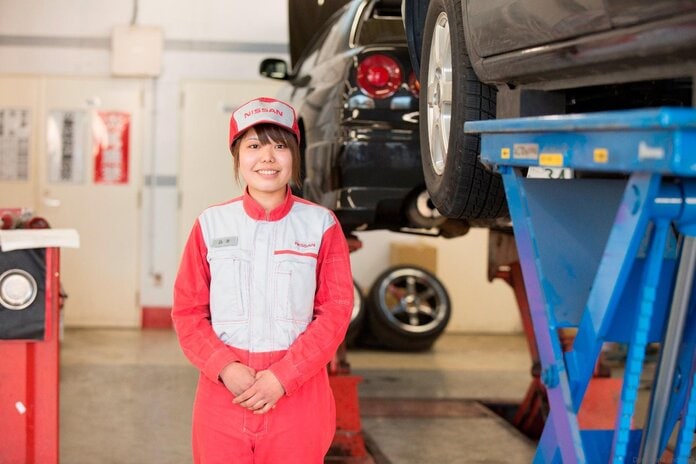The Renault-Nissan Alliance continues to make progress in its commitment to closing the gender gap. The company launched numerous programs globally and particularly in the “home markets” to recruit, retain and advance women. The percentage of women employees at both Renault and Nissan has increased from a year ago, particularly in manager-level positions. At Renault, women accounted for 18.4 percent of all employees globally in the most recent study, up from 17.6 percent in 2013 and up from 10 percent in 2000. Women accounted for 18.3 percent of Renault’s manager-level positions globally in 2014, up from 17 percent in 2013. Women accounted for 22 percent of the company’s 2,000 global “key positions,” up from 19.6 percent in 2013.
Renault is a leader in the auto industry in terms of women at the most senior ranks. Two members of the 11-person executive committee are women: Mouna Sepehri, Executive Vice President of the Office of the CEO; and Marie-Françoise Damesin, Executive Vice President for Human Resources. Damesin is also Renault-Nissan Alliance Executive Vice President for Human Resources.Nissan remains an industry benchmark in its home market of Japan, with the percentage of its women managers more than triple the national average for large manufacturers. Nissan’s goal is to have women represent 10 percent of managers in Japan and 14 percent of all management positions globally by 2017.
![]()
Renault aims to have women account for 30 percent of engineering or technical positions and 50 percent of sales positions worldwide by 2016. Renault also aims to have women account for 25 percent of its key global positions by next year. At Nissan, women accounted for 11.7 percent of manager-level positions globally in fiscal year 2014, up from 10.6 percent in fiscal year 2013. In Japan, women at Nissan accounted for 8.2 percent of such positions, up from 7.1 percent in the previous year and more than 5 times higher than 2004.
